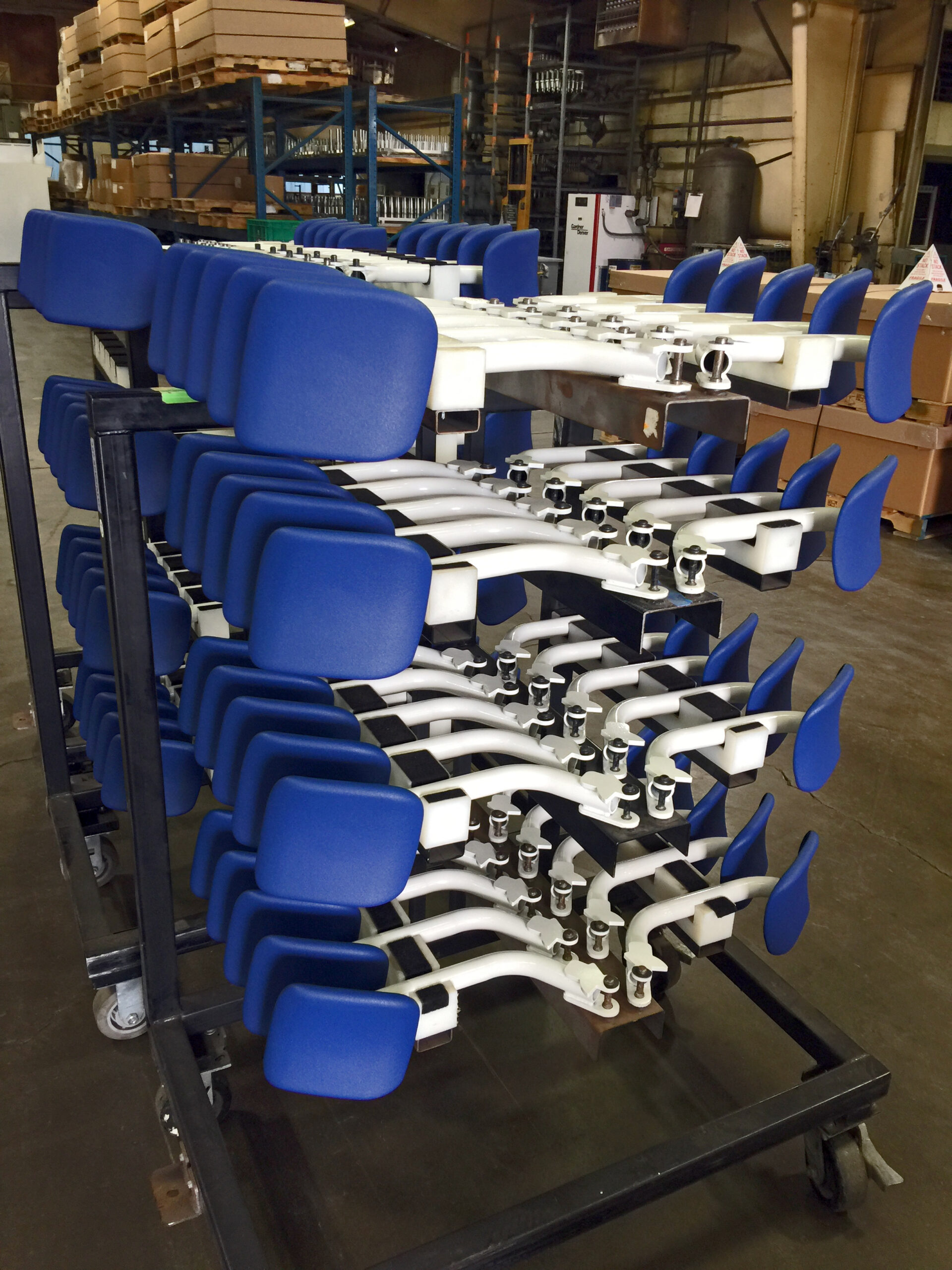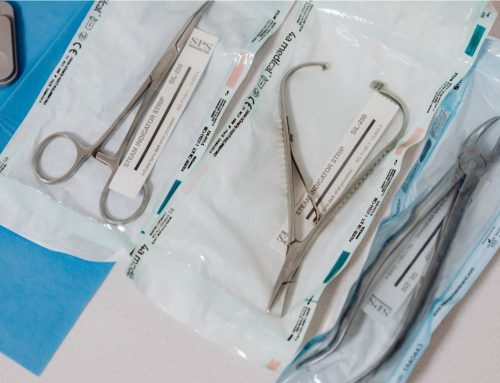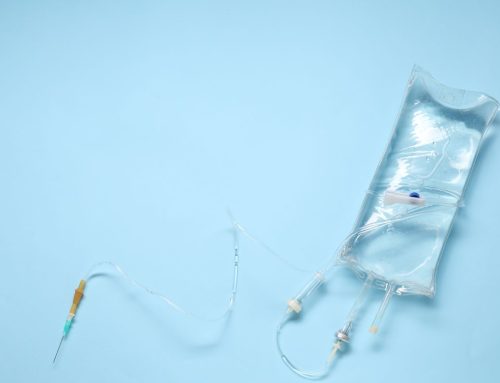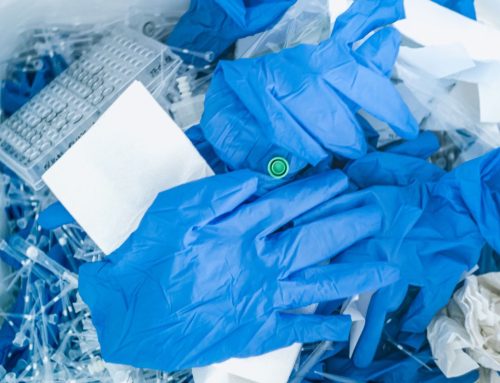Midwest Rubber Company is proud to support medical professionals in their essential work by creating rubber components that help keep patients comfortable and secure.
The stakes are high when choosing a manufacturer for your product and this is especially true for parts and components produced for the medical industry. Questions can range from, ‘Which process is right for your product?’ and ‘What kind of quality assurance can the manufacturer offer you?’ to ‘What experience and success does the manufacturer have in your industry?’ Understanding these issues can help you choose the right partner and solution for your project.
Consider dip coating or dip molding to manufacture the best medical products
Dip coating and dip molding are two of the most common processes used to manufacture medical parts. In the dip coating process, a part is heated, dipped into a coating material, and heated again to set and permanently adhere the coating to the part underneath. Dip molding is the process of dipping a metal form (or tool) into a liquid material such as PVC, neoprene, or polyurethane to create an elastomer or rubber part. For products developed for the medical industry, the coating or part will likely include antimicrobial additives to provide extra advantage of reducing bacteria on the surface which can withstand frequent, repeated cleaning with harsh disinfectants.
Both offer a number of benefits. With dip coating, smaller production runs are possible. It is cost effective, offers quick turnaround time, and is suitable for a wide range of applications. Dip coated products are available in a range of colors and finishes, can be branded with a logo, and modified for thickness and shape.
With dip molding, the tooling used is generally less expensive than other processes, which means both long and short production runs can be very cost-effective. The parts can be quickly produced and are very consistent. The dip molding process can produce extremely thin-walled parts and works for both expandable rubber material and the less inflexible material, such as PVC.
Quality assurance is essential
It is the manufacturer’s obligation that products are dependable and safe. The requirements and regulations of the medical industry demand the most meticulous manufacturing practices. It’s important to have a solid understanding of a number of factors when considering a manufacturer for your device, part or component:
- What kinds of quality assurance and quality control programs are in place? Get an explanation of this process.
- Is there a defined set of quality standards for each of their products?
- How are they able to foresee potential challenges and avoid pitfalls down the line?
- What kind of authority do the people on the production line have? If they see a problem, are they empowered to stop production? If the answer is no, you may want to keep looking.
- Do they value continuous improvement? Do they set the pace for the industry?
An experienced manufacturer should be able to speak to each of these items. They should also be asking you a number of questions about your project to best execute their solution.
Choose Midwest Rubber for your rubber medical products
We began manufacturing blood pressure cuff inflator bulbs over 60 years ago and have significantly expanded our medical product catalog since. We offer a lineup of highly specialized products including medical pads, cushions, armrests, headrests, hospital bed accessories, diagnostic equipment, emergency kits, gurneys, and stretchers. So we know a thing or two about manufacturing custom medical components with value and quality.
Do you have a healthcare product challenge that you need a solution for? Explore the possibility of working with the experts at Midwest Rubber Company. Our engineers would love to discuss your project.




